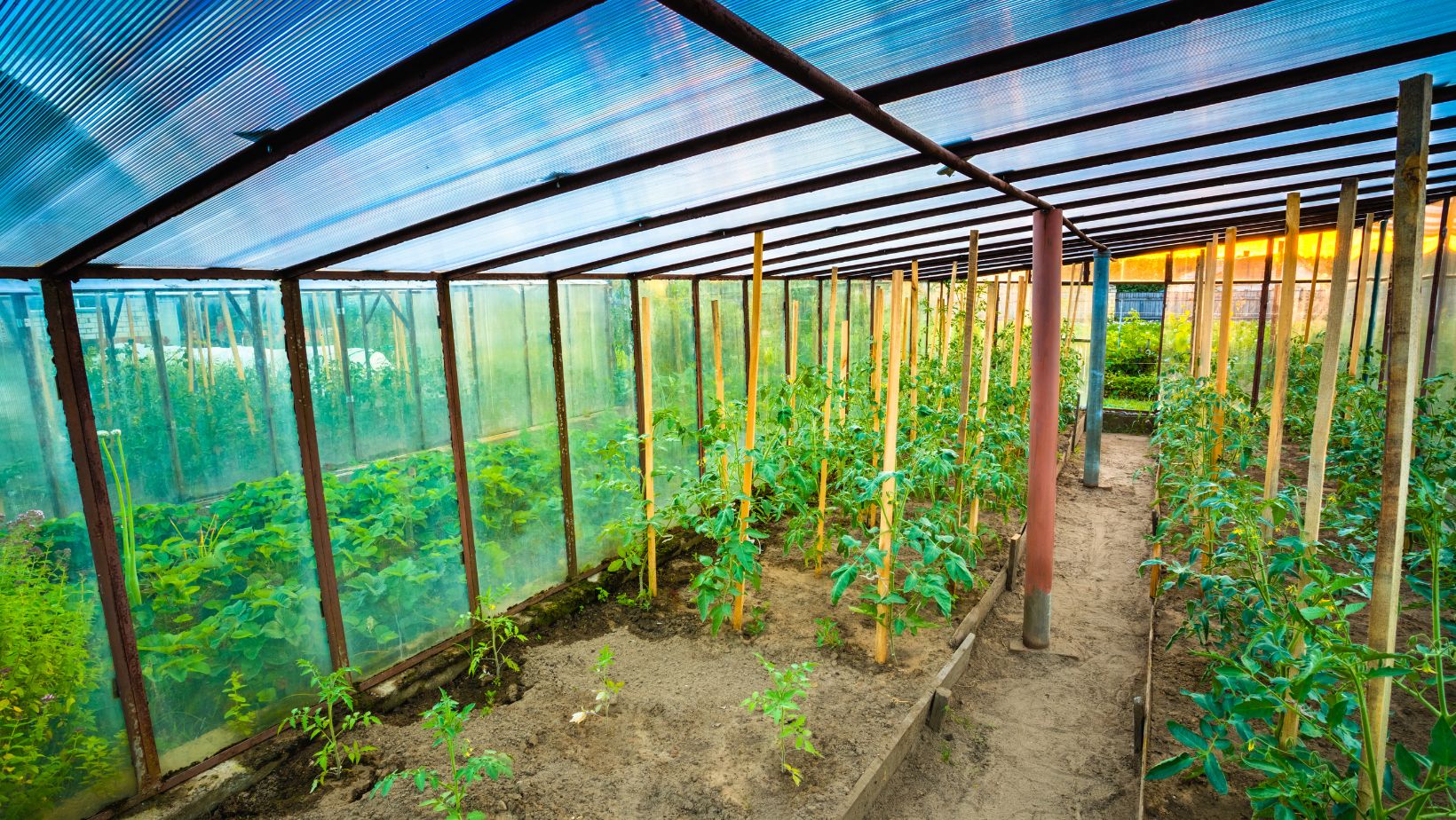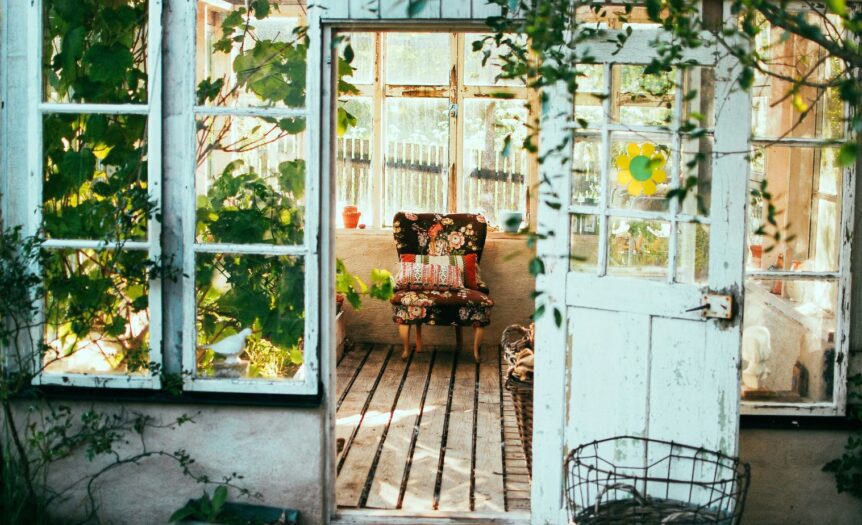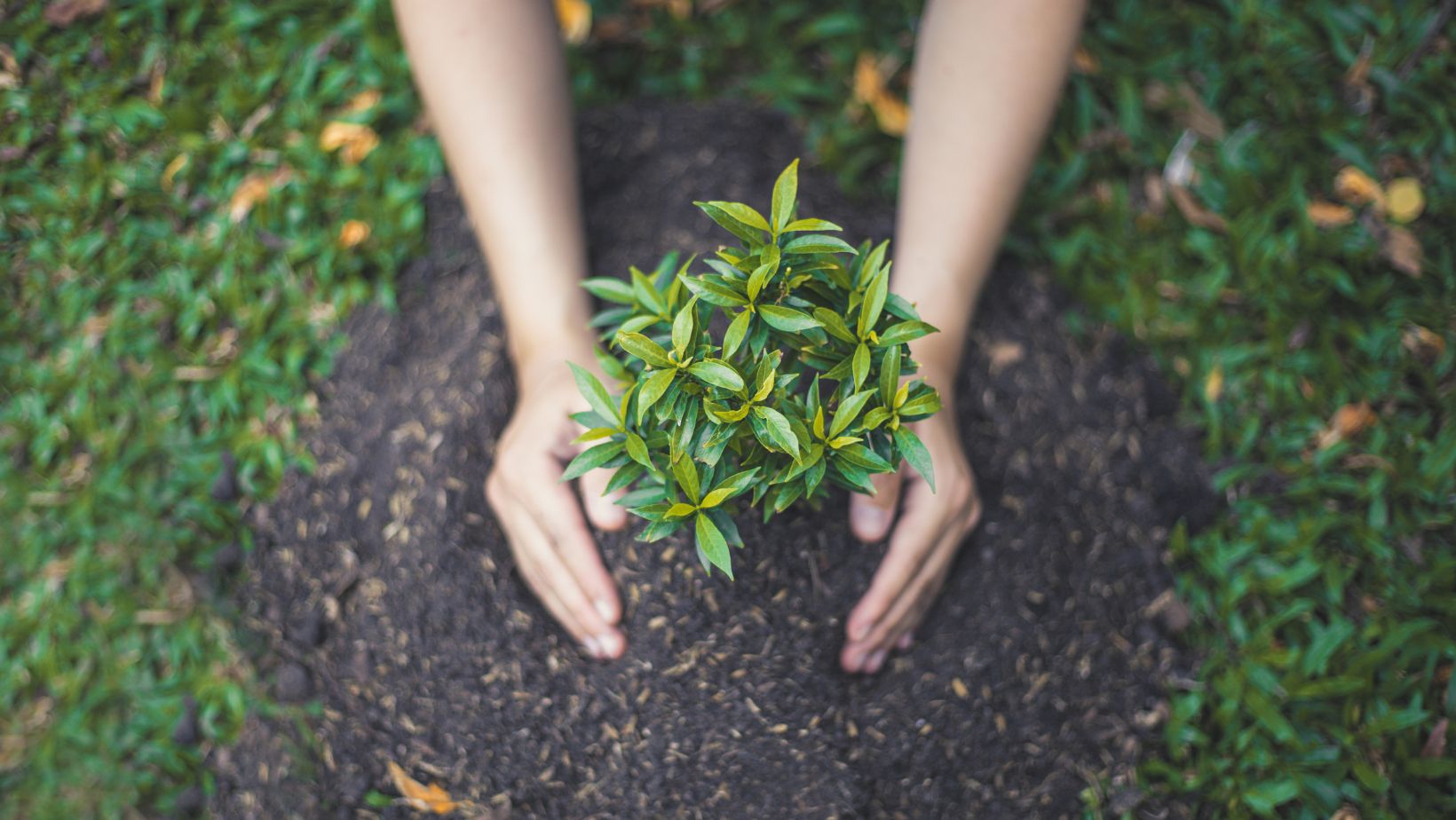Creating your own herbal garden is a rewarding endeavor that not only beautifies your outdoor space but also provides fresh, natural remedies for your well-being. Herbs can support health, enhance meals, and even promote relaxation. Plus, growing them at home gives you the assurance of chemical-free and high-quality herbs.

Choose the Right Location
Herbs thrive in specific conditions, and choosing the right location is crucial for their growth.
Factors to Consider
- Sunlight: Most herbs require 6–8 hours of direct sunlight daily. Position your garden where it gets ample light.
- Drainage: Herbs dislike waterlogged soil. Ensure the area has good drainage to prevent root rot.
- Space: Allow adequate spacing between plants to avoid overcrowding and promote air circulation.
Pro Tip
If space is limited, opt for vertical gardening or potted herbs. Plants like basil, thyme, and parsley do well in containers on windowsills or balconies.
Select the Right Herbs
Before planting, decide which herbs align with your goals—whether culinary, medicinal, or ornamental.
Recommended Herbs
- Culinary: Basil, cilantro, mint, rosemary.
- Medicinal: Chamomile, lavender, and calendula.
- Wellness: Lemon balm, sage, and even hemp for CBD extraction (where legally permitted).
Why Hemp Matters
Hemp plants are a source of CBD (cannabidiol), which is increasingly used in supplements like CBD capsules to support anxiety relief, sleep improvement, and pain management. Growing your own hemp ensures access to fresh, natural ingredients for DIY CBD oils or infusions.
Prepare Nutrient-Rich Soil
Herbs grow best in well-drained, nutrient-rich soil with a neutral pH (6.5–7.0).
Steps to Improve Soil Quality
- Add organic compost to boost nutrients and improve texture.
- Test the pH level and adjust using lime (to increase alkalinity) or sulfur (to reduce it).
- Remove weeds and mix in aged manure to provide essential minerals.
Container Gardening Tip
For potted herbs, use a mix of potting soil, perlite, and compost for optimal growth.
Water Wisely
Herbs have varying water needs, and overwatering can be as harmful as underwatering.
Best Practices
- Water herbs early in the morning to minimize evaporation.
- Use a watering can or drip irrigation system for consistent moisture.
- Check the soil; if the top inch feels dry, it’s time to water.
Exceptions
Mediterranean herbs like rosemary, thyme, and sage prefer drier conditions, so water them sparingly.
Prune Regularly to Promote Growth
Pruning encourages herbs to grow bushier and prevents them from becoming leggy.
How to Prune Effectively
- Cut just above a leaf node to stimulate new growth.
- Harvest regularly to maintain shape and prevent flowering, which can reduce the flavor of some herbs.
- Use clean, sharp scissors to avoid damaging the plants.
Tip for Culinary Herbs
Harvest leaves early in the day for the best flavor and aroma.
Protect Your Garden from Pests
Pests can damage your plants, but organic solutions can keep them at bay without harming the environment.
Natural Pest Control Methods
- Companion Planting: Grow pest-repelling plants like marigolds, garlic, or chives alongside your herbs.
- DIY Sprays: Use neem oil, diluted soap solutions, or garlic spray to deter insects.
- Manual Removal: Inspect plants regularly and remove pests by hand when necessary.
Bonus Tip
Encourage beneficial insects like ladybugs and bees, which help control pests and promote pollination.
Harvest and Store Properly
Proper harvesting ensures your herbs retain their potency and flavor.
Harvesting Tips
- Pick herbs before they flower for the best taste and effectiveness.
- Use scissors to cut leaves and stems, avoiding unnecessary damage to the plant.
Storage Methods
- Drying: Hang herbs in a cool, dark place to dry them for teas and seasonings.
- Freezing: Freeze herbs like basil and cilantro in ice cube trays with olive oil.
- Fresh Use: Store fresh herbs in the refrigerator wrapped in a damp paper towel.
CBD Capsules: A Modern Herbal Wellness Trend
As herbal gardening gains popularity, so does the use of CBD capsules as a convenient way to enjoy the benefits of natural remedies.
What Are CBD Capsules?
CBD capsules are dietary supplements made from cannabidiol, a non-psychoactive compound found in hemp. They are widely used for their potential to:
- Relieve anxiety and stress.
- Improve sleep quality.
- Support pain management.
Why Homegrown Hemp Matters
If local regulations allow, growing hemp in your garden can provide fresh leaves and flowers for making homemade CBD oil or infusions. These extracts can be used in capsules or added to recipes, ensuring purity and freshness.
Conclusion: Cultivate Wellness in Your Backyard
Growing herbal plants in your garden is more than just a hobby; it’s a step toward a healthier, more sustainable lifestyle. With proper planning and care, you can create a thriving herbal oasis that supports your culinary, medicinal, and wellness needs.
Whether you’re cultivating basil for your kitchen or hemp for natural CBD remedies, a garden filled with herbs offers endless benefits. Embrace these tips, and start your journey toward a greener, healthier tomorrow.









